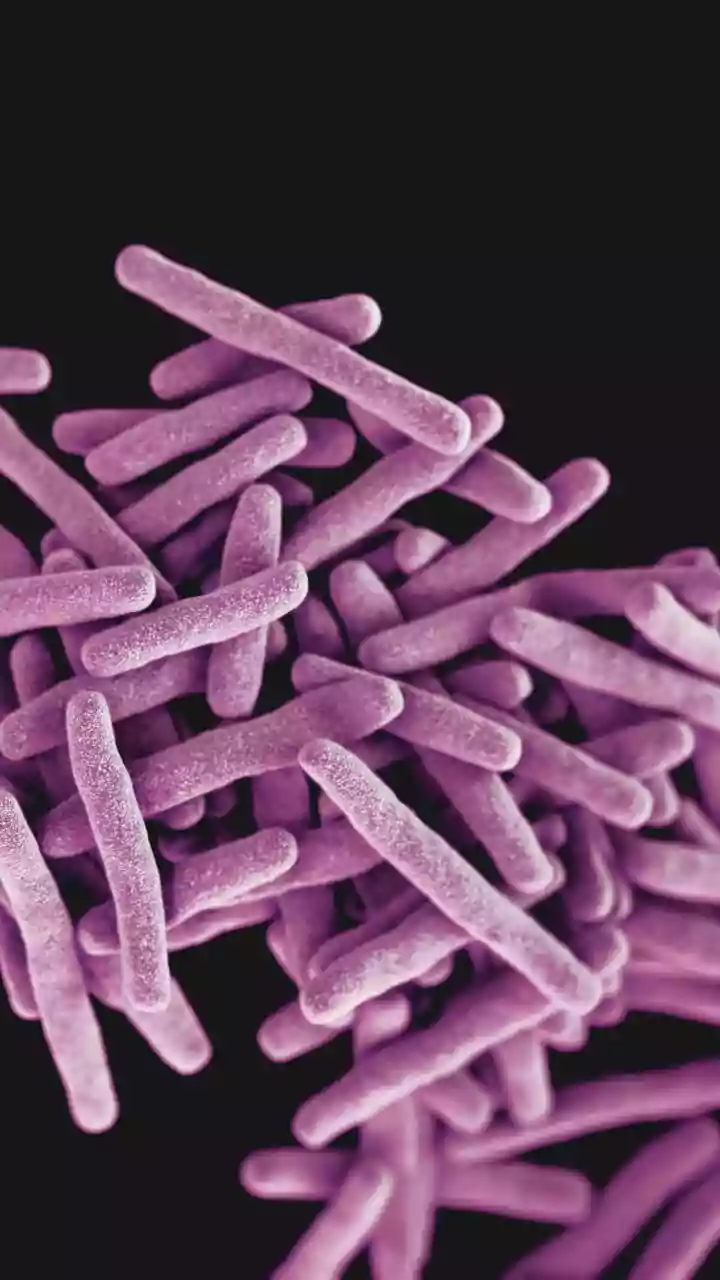Stay Active Daily
One of the simplest ways to support liver health is to stay active. Engaging in regular physical activity helps improve overall metabolic function, which
in turn benefits the liver. You don't need to hit the gym for hours; a brisk morning walk or some light exercise can make a big difference. Staying active helps the liver process nutrients more efficiently and reduces the buildup of harmful substances. It also boosts blood circulation, ensuring that the liver receives an adequate supply of oxygen and nutrients to function optimally. Consistency is key. Aim to incorporate movement into your morning routine most days of the week for the best results. Regular exercise can also aid in weight management, which is crucial as obesity can contribute to liver problems. By making physical activity a habit, you're taking a proactive step toward maintaining a healthy liver and a healthier life overall.
Nourishing Your Liver
What you eat in the morning plays a significant role in liver health. Consider adding a handful of nuts to your breakfast. Nuts are rich in healthy fats, antioxidants, and other nutrients that can help protect the liver from damage. Also, blueberries are a great addition. Blueberries are packed with antioxidants that combat free radicals, which can harm liver cells. Adding these to your morning meal can provide a nutritional boost. Another recommended addition is the combination of Amla (Indian gooseberry), honey, and pepper. According to Sadhguru, consuming three spoons of this mixture daily can be beneficial. Amla is known for its detoxifying properties, honey offers natural sweetness and benefits, and pepper can aid absorption. Integrating these foods is a simple yet powerful step toward supporting your liver's function. Remember, a balanced diet, including these specific items, can contribute significantly to long-term liver health.
Prioritize Good Hygiene
Practicing good hygiene is essential for protecting your liver. This involves simple habits that can prevent the spread of infections that might stress the liver. Start by washing your hands thoroughly before preparing food or eating. This simple act can prevent the introduction of harmful bacteria and viruses into your system. Make sure that all foods are properly washed, especially fruits and vegetables, to remove any potential contaminants. Additionally, be mindful of shared utensils and surfaces. Avoid using anything that might be contaminated. Hygiene also includes safe food handling practices. Ensure that food is cooked to appropriate temperatures and stored correctly to prevent foodborne illnesses, which can negatively affect liver function. A clean environment and good personal habits create a barrier against potential infections, reducing the liver's burden and promoting overall health. Implementing these practices into your morning routine is a proactive step toward supporting your liver's well-being.



















